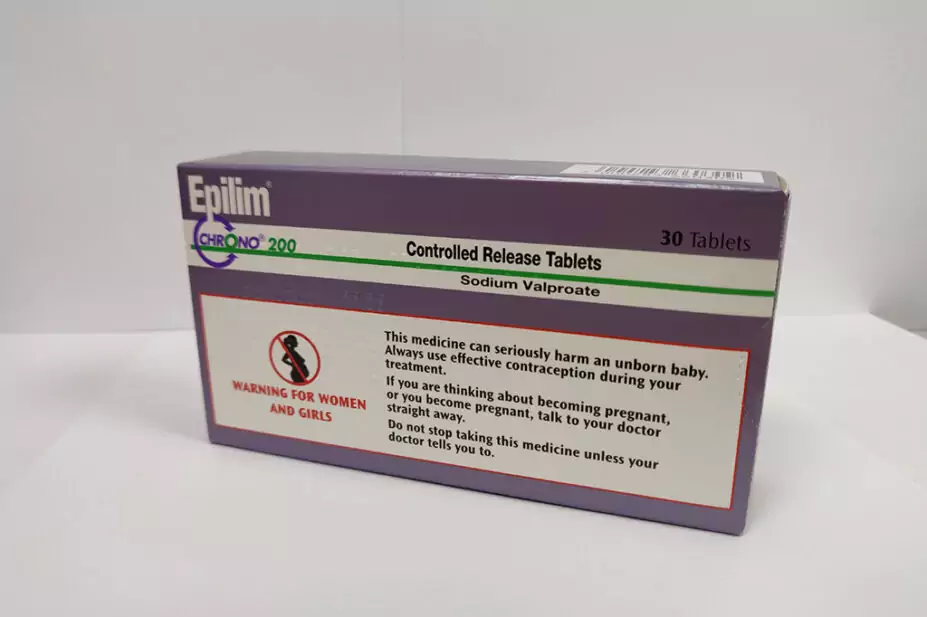
Shutterstock.com
Work has begun on considering options for “potential redress” for individuals who have been harmed by sodium valproate, a spokesperson for the patient safety commissioner (PSC) has told The Pharmaceutical Journal.
In her first annual report, published in July 2023, Henrietta Hughes, said that, on average, there are still three babies per month born after exposure to the antiepileptic sodium valproate.
There are currently an estimated 20,000 children who were exposed to the drug in the womb, “with physical deformities and learning disabilities whose needs are not being met”, the report said.
Unborn babies exposed to sodium valproate are at risk of developing foetal valproate spectrum disorder — the collective name for the variety of disorders and development issues some children experience after being exposed to sodium valproate in the womb.
These include spina bifida, autism and malformations of the brain, heart and kidneys, and, in the most severe cases, are linked with fatalities.
“Since our annual report was produced, we’ve received additional resource and started work on potential redress options for those who have been harmed by sodium valproate and pelvic mesh,” a spokesperson for the PSC office said.
“We will be publishing a report and, once the project has been completed, it will be for the government to decide on next steps.”
Janet Williams, co-founder of In-FACT (the Independent Fetal Anti-Convulsant Trust), a support group for families affected by sodium valproate, said the group met with the PSC in June 2023 to discuss redress.
“[The PSC] currently has a team together and they are looking into how much compensation is appropriate to put forward to the government,” Williams said.
“We are unsure how much this would be. We’re trying to avoid court as [that] would cost a lot of money. Also families have been through enough; therefore, we’re hoping that the PSC comes up with a sensible figure.
“On top of financial compensation, the majority of these kids affected need help with mental health, speech and language, occupational therapy, and the access to see specialists. Currently, to see a specialist, waiting time can be two to three years,” she added.
“There are also problems with education, fighting to get EHC [education, health and care] plans, personal dependence payments; there is a constant battle for these families, which repeats every few years. All this needs to be considered for the redress.”
A report from the House of Commons Health and Social Care Select Committee, published in January 2023, called for families affected by sodium valproate to be given compensation.
It raised concerns after the government rejected recommendations in 2021 to set up a redress scheme for people who experienced harm and have additional needs as a result of sodium valproate.
A spokesperson for the DHSC said: “We have asked the patient safety commissioner, Dr Henrietta Hughes, to look at what form redress could take for people harmed by sodium valproate.
“We will continue to review, adapt and implement regulatory measures, where appropriate, that will enable the continued safe use of this medicine in individuals who can get pregnant where there are no other options available.”


